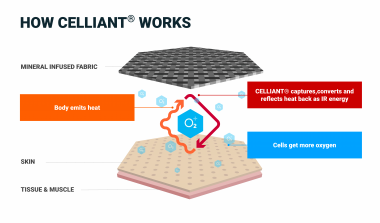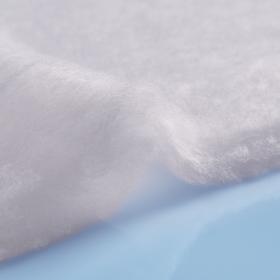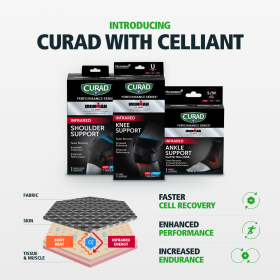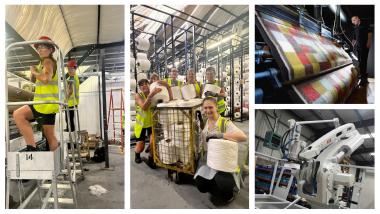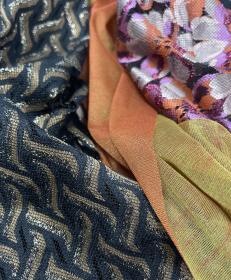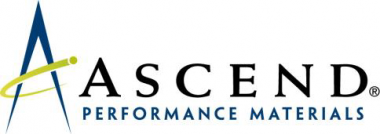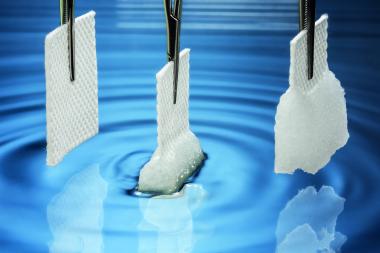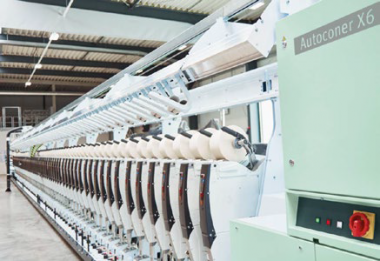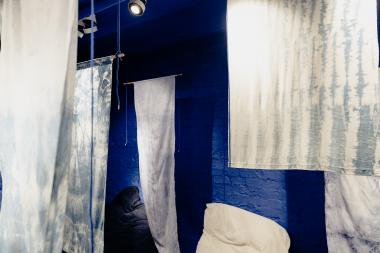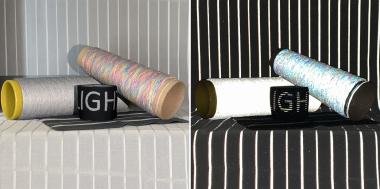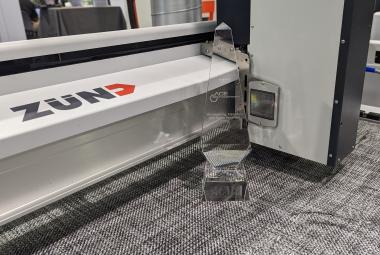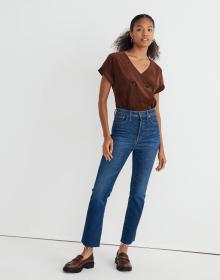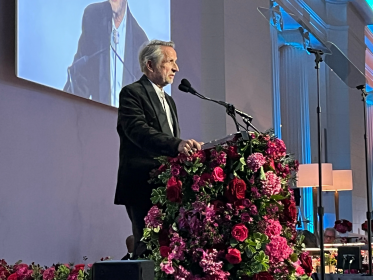Hologenix® celebrates 20-year anniversary
Hologenix®, creators of CELLIANT®, began 20 years ago with the idea of improving the quality of people's lives and health with an emphasis on non-invasive, natural, holistic healing. Co-founder and CEO Seth Casden became fascinated with the effect infrared has on the body and worked with a dedicated team to develop and market CELLIANT® infrared technology and thus materials science innovator Hologenix came to be.
CELLIANT, a proprietary blend of IR-generating bioceramics that are ethically sourced, is a unique combination of nature and performance. CELLIANT captures and converts body heat into infrared energy for increased local circulation and cellular oxygenation, resulting in stronger performance, faster recovery and better sleep. It is a key ingredient in textiles, spanning both performance and fashion apparel, sleep and lounge wear, bedding, upholstery, uniforms and medical supplies.
The first partnership Hologenix secured was with the Ireland-based fiber company Wellman International Limited, a fully owned subsidiary of Indorama Ventures and a pioneer in recycling technologies. Hologenix still works with them today, a tribute to the company’s ability to form long-term partnerships with like-minded organizations, and their joint project of pure white CELLIANT rPET fiber was shortlisted for a prestigious Drapers Sustainable Fashion Award earlier in the year.
On the brand side, many of the first brands to incorporate CELLIANT were in the sportwear industry, including Adidas, Reebok, Saucony, Eastern Mountain Sports, Sierra Designs sleeping bags and Superfeet insoles.
In 20 years, Hologenix has achieved many scientific milestones, and CELLIANT has been and continues to be rigorously tested by a Science Advisory Board composed of experts in photobiology, nanotechnology, sleep medicine, and diabetes and wound care. The Science Advisory Board has overseen nine peer-reviewed published studies that demonstrate CELLIANT’s effectiveness and the benefits of infrared energy.
Looking ahead, Hologenix is continuing to research applications for CELLIANT in the agriculture industry and wound healing and diabetes. Expansion into the FemTech market with both product applications and scientific research about the benefits of infrared for women’s health issues is also on the horizon.
Hologenix, LLC / Sarah P. Fletcher Communications


